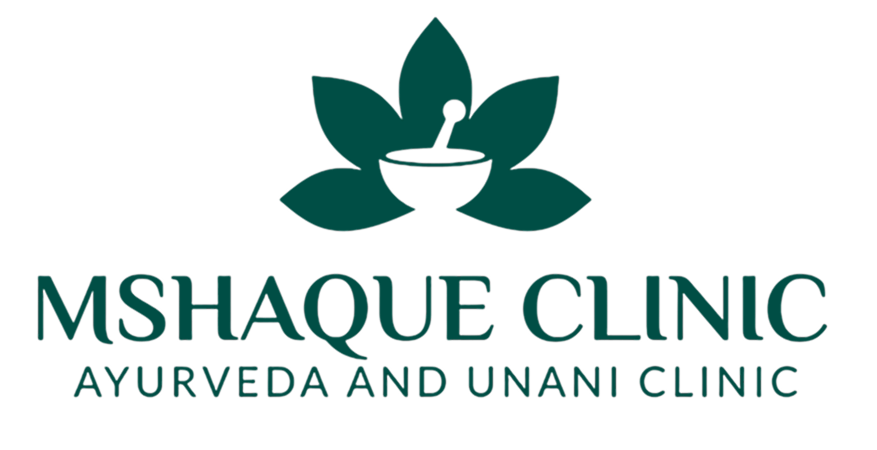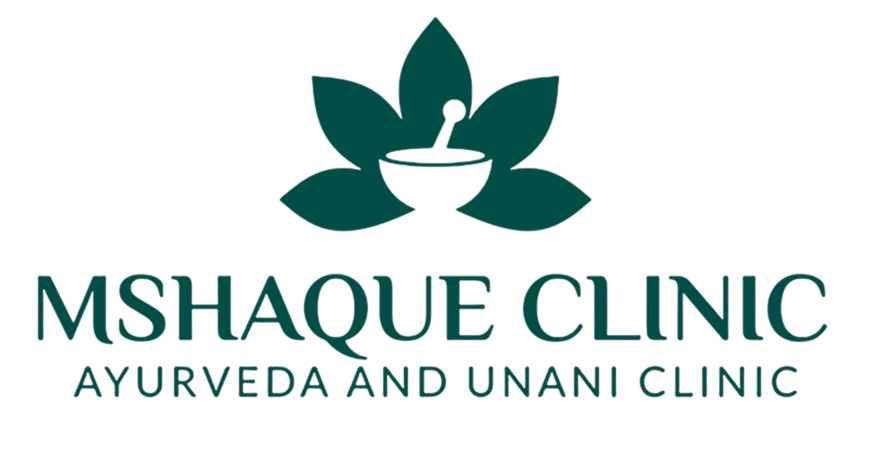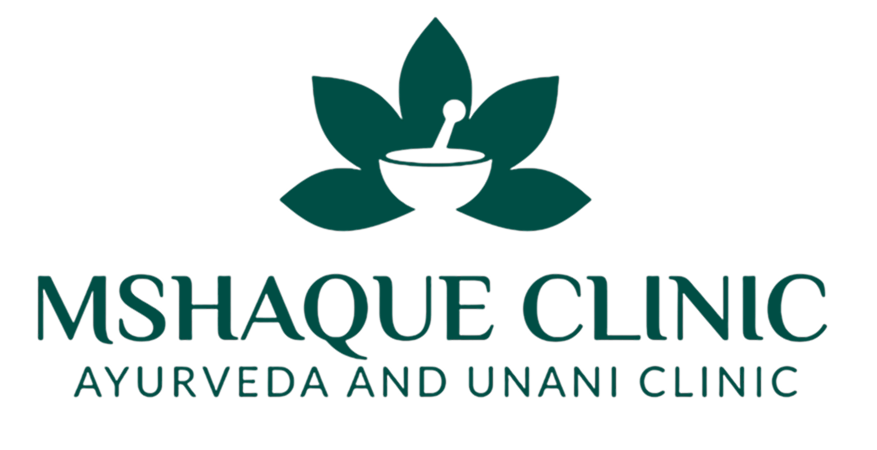Appendix Treatment In Ayurveda: The traditional Indian medical system of Ayurveda provides a thorough and all-encompassing approach to treating various illnesses, including problems relating to the appendix. The appendix is a little pouch in the form of a finger that starts at the commencement of the big intestine. Appendicitis, the inflammation of the appendix, is known to produce excruciating pain and agony. However, its precise function has yet to be fully understood. This article will examine how Ayurveda treats ailments connected to the appendix, focusing on herbal cures, dietary suggestions, lifestyle changes, and Appendix treatment in Ayurveda.
Understanding Appendix Disorders in Ayurveda:
Ayurveda holds that an imbalance of the vata, pitta, and kapha doshas—the three fundamental forces that control the body—is the root cause of appendix disease. Pitta dosha aggravation is frequently regarded as the leading cause of appendicitis. Increased consumption of fried, spicy, and greasy meals, high-stress levels, irregular eating patterns, and poor digestion, can all contribute to pitta imbalances.
Ayurvedic Treatment Approaches for Appendix Disorders:
- Herbal Remedies
Ayurveda uses a variety of herbs and herbal preparations to treat diseases connected to the appendix. Triphala, a concoction of three fruits that assists with digestion and toxin removal, and Kuta (Holarrhena antidysenterica), which has anti-inflammatory effects and helps to lessen appendix inflammation, are frequently utilized herbs. Depending on the state of the patient and the diagnosis made by the Ayurvedic practitioner, these herbs are frequently recommended in various forms, including powders, decoctions, or capsules. For natural treatment, you can go to the Mshaque Clinic. We have the best ayurvedic doctors who can treat your appendix problems quickly.
- Diet and Lifestyle Modifications
In Ayurveda, food and lifestyle changes are essential to treating all illnesses. People are encouraged to adhere to a Diet plan for appendicitis, which entails ingesting cooling, relaxing, and readily digestible foods, for appendix-related diseases. This involves including whole grains, fresh fruits and vegetables, and herbal teas in the diet while avoiding fried, hot, or oily meals because these can worsen Pitta dosha. Frequent exercise, stress reduction methods, and a balanced Appendicitis diet schedule are stressed to encourage general well-being further.
- Panchakarma Therapies
Ayurvedic medicine includes a series of detoxification techniques called panchakarma. These treatments aim to cleanse the body of impurities and balance the doshas. Specific Panchakarma therapies, such as Virechana (therapeutic purgation) and Basti (medicated enema), may be suggested for appendix diseases to clear the digestive system and lower inflammation. Usually, these treatments are carried out under the direction of qualified Ayurvedic professionals. If you want the best Ayurvedic medicine for appendix, you can visit the Mshaque Clinic. We have the best ayurvedic experts, like Dr. M. S. Haque and Dr. A. Perwaiz, who will treat you in the best natural way.
- Yoga and Pranayama
How to cure appendix by yoga? With its focus on breath regulation (pranayama) and physical postures (asanas), yoga has many advantages for preserving general health. Certain yoga poses, such as the wind-relieving Pawanmuktasana and the half-spinal twist Ardha Matsyendrasana, can improve digestion and relieve abdominal discomfort. Pranayama practices like Nadi Shodhana (alternate nostril breathing) and Kapalabhati (skull-shining breath) promote the healing process by balancing the doshas and encouraging relaxation.
Our Other Articles :
Uttarbasti For Female Infertility- All You Need To Know
Ayurvedic Treatment For Foot Pain- All You Need To Know
Diabetic Retinopathy Treatment In Ayurveda- All You Need To Know
Sarcoidosis Treatment In Ayurveda- All You Need To Know
Best Ayurvedic Medicine For Liver Cirrhosis
Best Onion Hair Oil for Hair Loss- All You Need To Know
Herbal Remedies for Appendix Treatment in Ayurveda
The ancient Indian medical system known as Ayurveda strongly focuses on using herbal treatments to treat various illnesses, including issues related to the appendix. Ayurvedic herbal medicines are made from plants and other natural ingredients, and they work to balance the body, treat the illness’s underlying cause, and enhance general health. Let’s look at some herbal treatments for treating the appendix that is frequently utilized in Ayurveda:
- Triphala
Amla (Indian gooseberry), haritaki (chebulic myrobalan), and bibhitaki (belleric myrobalan) are the three fruits that make up the potent blend known as Triphala. This herbal remedy helps treat conditions related to the appendix because of its benefits for the digestive system and capacity to encourage bowel movements. Triphala supports the healing process by enhancing digestion, lowering inflammation, and removing toxins from the body. If you want the best Appendix treatment in Ayurveda, you can visit the Mshaque Clinic. We have the best ayurvedic experts, like Dr. M. S. Haque and Dr. A. Perwaiz, who will treat you in the best natural way.
- Kutaj
In Ayurveda, Kuta is a common herb, particularly in treating digestive ailments. It is helpful for problems related to the appendix because of its potent anti-inflammatory and antibacterial qualities. Kutaj eases discomfort, lessens appendix inflammation, and speeds up healing. If you want the best Appendix treatment in Ayurveda, you can visit the Mshaque clinic. We have the best ayurvedic experts, like Dr. M. S. Haque and Dr. A. Perwaiz, who will treat you in the best natural way.
- Guduchi
Ayurveda uses the versatile plant Guduchi, also called Indian Tinospora or Giloy, for its immune-strengthening effects. It supports the healing process, works to reduce inflammation, and fortifies the body’s defense mechanisms. Guduchi is frequently used in the treatment regimen for conditions connected to the appendix to boost general immunity and hasten to heal. For natural treatment, you can go to the Mshaque Clinic. We have the best ayurvedic doctors who can treat your appendix problems quickly.
- Amalaki
Amalaki, also known as Indian gooseberry, is a vigorous plant with a high antioxidant content that promotes the immune system and digestive health. Detoxification is facilitated, inflammation is decreased, and the body’s inherent healing mechanisms are strengthened. Due to its positive effects on the digestive tract, Amalaki is frequently prescribed in Ayurvedic medicine for illnesses related to the appendix.
- Yashtimadhu
Licorice, also known as yashtimadhu, has calming and anti-inflammatory qualities. It lessens discomfort, promotes healing, and aids in decreasing appendix inflammation. Additionally helping to improve digestion, yashtimadhu acts as a natural demulcent to calm the digestive system. For natural treatment, you can go to the Mshaque Clinic. We have the best ayurvedic doctors who can treat your appendix problems quickly.
- Pippali
The plant known as pippali, or long pepper, is well-known in Ayurveda for aiding digestion and reducing inflammation. It supports the removal of impurities and helps with digestive improvement, inflammation reduction, and detoxification. By treating the underlying imbalances and fostering healing, pippali can be helpful in the treatment of the appendix. If you want the best Appendix treatment in Ayurveda, you can visit the Mshaque Clinic. We have the best ayurvedic experts, like Dr. M. S. Haque and Dr. A. Perwaiz, who will treat you in the best natural way.
- Haridra
Turmeric, often called Haridra, is a potent herb with anti-inflammatory and antioxidant qualities. It supports the healing process and lessens pain and inflammation. The primary ingredient in turmeric, curcumin, has been well investigated for its medicinal effects on various inflammatory illnesses, making it advantageous for conditions related to the appendix. You can visit the Mshaque Clinic to get the best Appendix treatment in Ayurveda. We have the best ayurvedic doctors who can treat your appendix problems quickly.
Conclusion
Appendix-related diseases can be treated holistically by Ayurveda, which focuses on treating the illness’s underlying cause rather than merely its symptoms. Ayurveda seeks to restore balance in the body, strengthen the digestive system, and advance general well-being through herbal treatments, dietary adjustments, lifestyle changes, Panchakarma therapies, and Yoga for appendix. However, for a precise diagnosis and individualized treatment plan, speaking with a licensed Ayurvedic practitioner is imperative. People can find safe, efficient strategies to aid recovery and stave off future episodes of appendix disease by embracing the wisdom of Ayurveda. If you want the best Appendix treatment in Ayurveda, you can visit the Mshaque Clinic. We have the best ayurvedic experts, like Dr. M. S. Haque and Dr. A. Perwaiz, who will treat you in the best natural way.
Ignite the spark within and embark on a transformative journey with Mshaque. Unleash your hidden potential, discover purpose, and live a life of fulfillment. Visit Mshaque Clinic right away to benefit from the exceptional coaching that will enable you to achieve success. The top Ayurvedic practitioners can provide you with the best Ayurvedic care. Your extraordinary life begins here.
FAQs
Can appendicitis be cured with Ayurveda?
Ayurveda can help manage the symptoms of appendicitis and support the healing process, but surgical intervention may be necessary in severe cases.
How can I clear my appendix without surgery?
Clearing the appendix without surgery is not recommended. If you suspect appendicitis, seek immediate medical attention for proper diagnosis and treatment.
What food can treat appendix?
A diet that includes easily digestible foods, such as fresh fruits, vegetables, whole grains, and herbal teas, can support the treatment of appendix-related conditions.
What is the herbal remedy for appendix?
Herbal remedies commonly used in Ayurveda for appendix-related conditions include triphala, kutaj, guduchi, amalaki, yashtimadhu, pippali, and haridra (turmeric).




